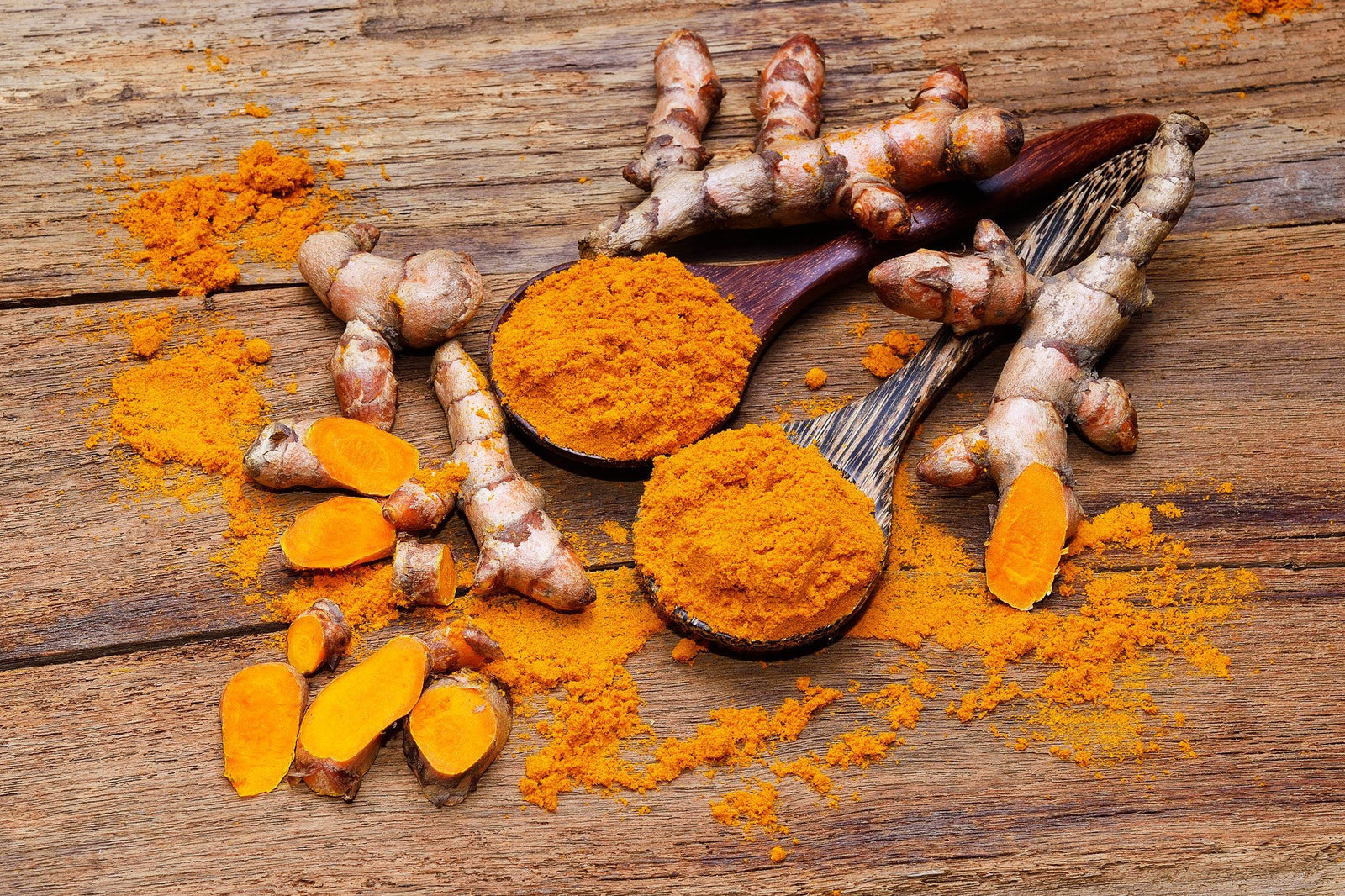Turmeric or Curcuma longa contains the active phytonutrient - curcumin, and its powers rival those of over a dozen pharmaceutical drugs. It’s a veritable power house. Super food? More like a super-duper food. Turmeric also hasn’t a single side effect. Could this be why the pharmaceutical industry doesn’t want you to know about it?
The Laundry List of Turmeric’s Benefits
Turmeric has more than 600 documentedmedical benefits and 175 positive physiological effects. It is an anti-inflammatory, antioxidant, and an anti-stress compound, among hundreds of other benefits.
Turmeric’s first medicinal benefits were discovered by modern science in the herb’s birthplace – India. This country has one of the lowest Alzheimer’s rates in the world. It is likely that turmeric acts as a neurological protectant. Alzheimer’s is thought to be caused by inflammatory action on the brain’s cells, and reducing inflammation in the body is one of turmeric’s most pronounced healing attributes. This is just the beginning of what the herb can do for us when taken regularly.
Other pro-inflammatory diseases, which turmeric effectively addresses include:
- Cardiovascular disease
- Arthritis
- Ulcerative proctitis
- Crohn’s
- Irritable bowel syndrome
- Psoriasis
- Diabetes
- Acquired immunodeficiency syndrome
- Chronic bacterial infections
- Arsenic exposure
- Alcohol intoxication
Turmeric Performs Better than Billion-Dollar Big Pharma Medications
Curcumin comes from the ginger family, and it is the crystalline compound, C21H20O6, within the bulbous root vegetable that gives turmeric a bright orange color. It has outperformed the following billion-dollar pharmaceutical meds without fail:
- Lipitor/Atorvastatin(cholesterol meds):Though Lipitor has been the subject of countless issues, including an increased risk for Diabetes type 2, turmeric naturally lowers LDL cholesterol and prevents the arteries from becoming clogged. Turmeric also costs a few cents per dose, whereas, Lipitor makes the pharmaceutical industry, namely Pfizer, a spin-off of Monsanto, more than $7 billion dollars annually. Statins like Lipitor also cause liver damage, muscle pain, and brain fogginess. This is one of the most widely prescribed statins on the market, yet curcumins found in turmeric do the same job without costing you your health, and your entire paycheck.
- Metformin (diabetes drugs): Metformin, usually prescribed for those with diabetes, has been linked with impaired brain functioning. This is the most widely prescribed diabetes medication in America, with more than 61 million prescriptions being written in recent years. Instead of contributing to neurological impairment, turmeric promotes the functioning of a healthy brain and can even help patients suffering from diabetes. Dr. Sinatra describes a study done in Thailand that showed a dramatic improvement in insulin resistance in those who took curcumin extracts. At the end of a trial, not a single person taking curcumin had full-fledged diabetes. And side effects? Not a single adverse reaction.
- Ibuprofin (pain drugs):Even the US Food and Drug Administration cautions against taking too much Ibuprofin for pain relief. Oddly enough, the use of drugs like Ibuprofin, along with other NSAIDs, has sent more than 100,000 people to the emergency room every year for adverse reactions. Luckily, turmeric is renowned for its pain-relieving action. Full of polyphenols, turmeric helps to reduce inflammation (which is often the cause of pain). A single gram of polyphenols is 10 times stronger in antioxidant value than Vitamin C and 100 times more powerful than Vitamin E. As one scientific abstract suggests, the polyphenols in turmeric contribute to current evidence which strongly suggests a contribution of polyphenols to the prevention of cardiovascular diseases, cancers, and osteoporosis, suggesting a role in the prevention of neurodegenerative diseases and diabetes mellitus.
- Prozac (antidepressants, SSRIs):University Health Services physician Joseph Glenmullen, M.D. writes in a Harvard publication, “We now have unequivocal evidence from a wide range of side effects that Prozac-type drugs impair the normal functioning of the brain." Selective serotonin reuptake inhibitors (SSRIs) like Prozac also cause irreparable damage. Despite these abhorrent facts, more than 24.4 million prescriptions for drugs like Prozac are issued every year. Studies have now shown that the natural standardized extracts of turmeric are as effective as generic forms of Prozac and other SSRIs.
- Corticosteroids (steroid medications):Turmeric use can effectively replace a whole host of corticosteroids. Due to the anti-inflammatory response that turmeric causes in the body, the root spice can be used for arthritis, as well as joint pain caused by inflammation. According to Mercola, “The compound influences more than 700 genes, and it can inhibit both the activity and the synthesis of cyclooxygenase-2 (COX2) and 5-lipooxygenase (5-LOX), as well as other enzymes that have been implicated in inflammation.”
There is a massive amount of scientific data proclaiming the efficaciousness of turmeric, yet many people have yet to add this wonder-food to their diets. You can eat the root by adding it as a spice to your meals, or chopping up the rhizome to go in soups, curries, rice or salads, or you can simply take an organic turmeric supplement to gain all these incredible benefits. In the process of taking this spice regularly, you will be protecting your brain, your arteries and just about every physiological function of the body.
For those who want more superficial benefits, turmeric can whiten the teeth, thicken the hair and even reduce the appearance of wrinkles.
How Much Turmeric Should You Be Taking?
For all the health benefits listed herein, you’ll want to take an ample does of turmeric. Even curry powders and straight turmeric supplements will contain different amounts of curcumins, but one study published in the journal Nutrition and Cancer suggests that pure turmeric powder averages around 3.14% curcumin by weight. So if you eat 100 grams of pure turmeric powder, you will consume about 3.14 grams of curcumin. A tablespoon of turmeric powder measures 17 grams, containing roughly .57 grams (or 570 mg) of curcumin. 100 grams of pure turmeric powder, or capsules containing the same should do the trick.
Additional Sources:


